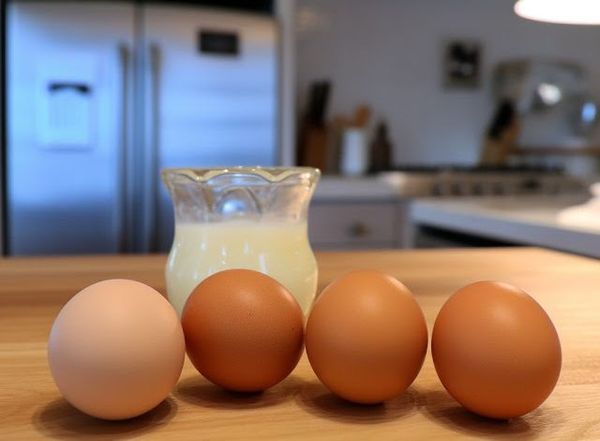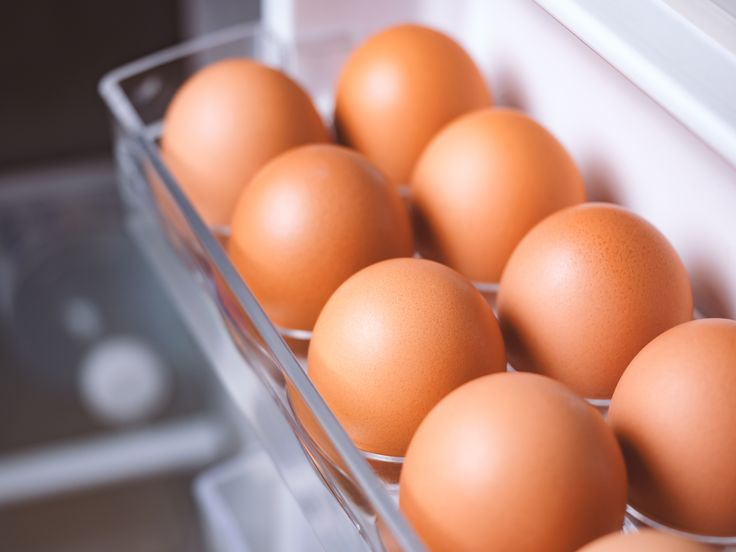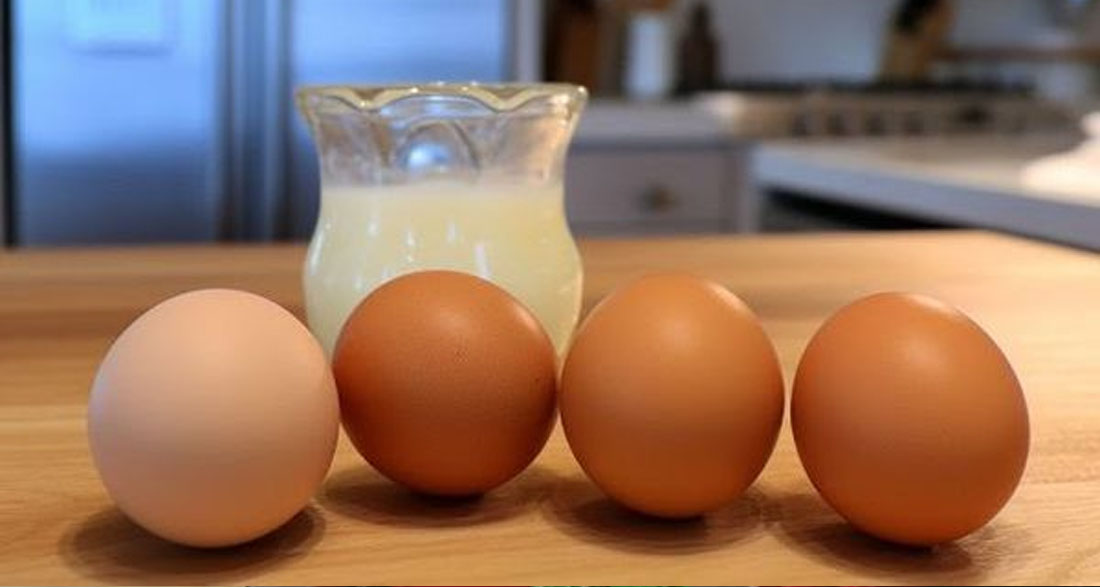Keep Your Eggs Fresh: Easy Tips for Enjoying This Delicious Ingredient!
Eggs are one of the most popular ingredients in our kitchens. They’re not only tasty but also incredibly versatile! You can make everything from fluffy scrambled eggs for breakfast to delicious cakes for dessert.
However, to fully enjoy the scrumptious goodness of eggs, it’s important to keep them fresh and safe to eat. Here are some simple and exciting tips to help you preserve those precious eggs!
Refrigeration is Key!
To keep your raw eggs fresh, it’s best to refrigerate them at a temperature between 35°F and 40°F (that’s about 1.7°C to 4.4°C). When stored this way, your eggs can stay fresh for about 3 to 5 weeks! Remember to keep them in their original carton.

This will not only help prevent strong odors from mixing but also protect them from bumps and knocks in the fridge. As Chef Jamie Oliver says, “Keeping eggs in their cartons helps keep them fresh and safe.”
Hard-Boiled Egg Heaven
When you’re in a rush or need a quick snack, hard-boiled eggs come to the rescue! Just cook them and let them cool down before putting them in a sealed container in the fridge. They can last up to a week, making them a fantastic grab-and-go meal option.
Storing Cooked Eggs the Right Way
Did you whip up a tasty scramble or make a fluffy omelet? Let those cooked eggs cool completely before you store them. Pack them in sealed bags and they’ll stay yummy for about 3 to 4 days. It’s a simple trick that ensures you can enjoy them over the next few days.
Liquid Eggs and Egg Replacements
If you love the convenience of liquid eggs, you’re in luck! If they stay unopened, they can last about a week past the “sell-by” date. But remember, once you open that carton, try to use them within 2 days for the best taste. Conversely, if you’re using egg replacements for baking, they can last a little longer—10 to 14 days if they’re sealed and refrigerated.
Keep It Cool to Stay Safe
Safety is super important when it comes to eggs! To prevent any nasty bacterial growth, like Salmonella, make sure you store your eggs at temperatures below 40°F (4.4°C). If you’re in a warm area, be extra cautious about leaving egg-based dishes out at room temperature for too long, since germs love to thrive in warmer conditions.

The Fun “Float Test”
How can you check if your eggs are fresh? Use the “float test!” It’s easy and a little fun. Just take a bowl of water and gently place the egg in it. Fresh eggs will sink to the bottom and lay flat on their side.
If the egg stands upright or even floats, it might be getting old because it has developed a bigger air pocket inside. “It’s a quick way to check the freshness of your eggs!” says food safety expert Dr. Karen Miller.
By following these simple tips, you can enjoy all the delicious meals eggs have to offer! When stored properly, eggs are a reliable and tasty part of our daily cooking. Do you have a favorite egg dish? Share your thoughts in the comments below! Happy cooking!








































